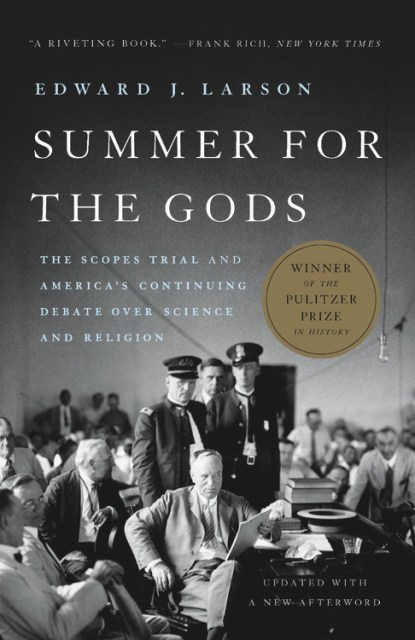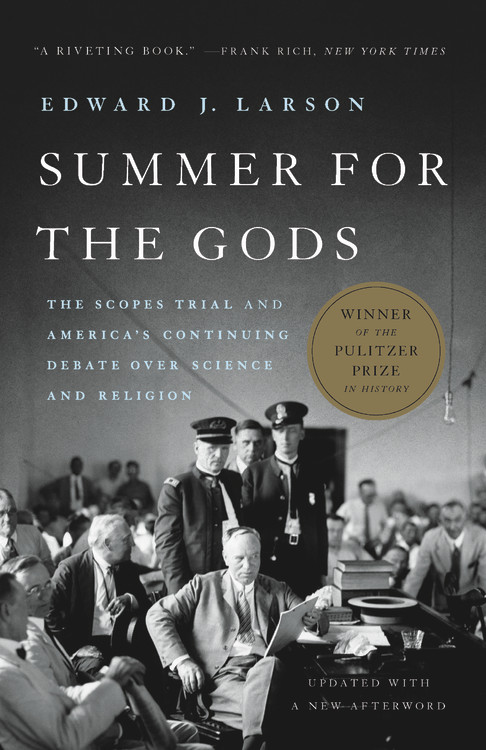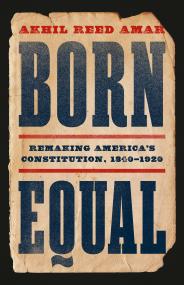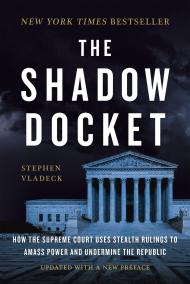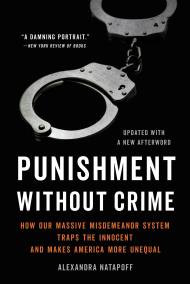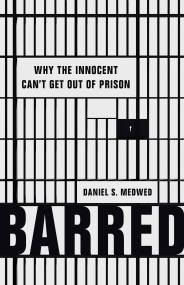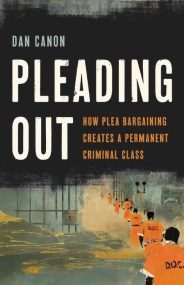By clicking “Accept,” you agree to the use of cookies and similar technologies on your device as set forth in our Cookie Policy and our Privacy Policy. Please note that certain cookies are essential for this website to function properly and do not require user consent to be deployed.
Summer for the Gods
The Scopes Trial and America's Continuing Debate Over Science and Religion
Contributors
Formats and Prices
- On Sale
- Jun 16, 2020
- Page Count
- 352 pages
- Publisher
- Basic Books
- ISBN-13
- 9781541646032
Price
$21.99Price
$28.99 CADFormat
Format:
- Trade Paperback $21.99 $28.99 CAD
- ebook $13.99 $17.99 CAD
- Audiobook Download (Unabridged)
This item is a preorder. Your payment method will be charged immediately, and the product is expected to ship on or around June 16, 2020. This date is subject to change due to shipping delays beyond our control.
Buy from Other Retailers:
Winner of the Pulitzer Prize in History
“A riveting book.” —Frank Rich, New York Times
In the summer of 1925, the sleepy hamlet of Dayton, Tennessee, became the setting for one of the twentieth century’s most contentious courtroom dramas, pitting William Jennings Bryan and the anti-Darwinists against a teacher named John Scopes, represented by Clarence Darrow and the ACLU, in a famous debate over science, religion, and their place in public education. That trial marked the start of a battle that continues to this day in cities and states throughout the country.
With an afterword that considers the relevance and resonance of this culture clash in contemporary America, Edward Larson’s classic Summer for theGods is the single most authoritative account of this pivotal event.
Genre:
-
"Edward Larson . . . tells the Scopes story with clarity and energy. . . . His book may be among the best one-volume primers on an American intellectual twilight."Boston Globe
-
"Larson's work is a thoroughly researched, thoroughly readable retelling of the tale. It leaves no subplot or character untouched. And when one considers how powerful the tensions underlying events 72 years ago remain today, Larson deserves hearty thanks. He's reintroducing us to vital history that too quickly transformed into fiction and myth. . . . The Scopes trial is still with us. Larson has elevated its presence from simplified myth to illuminating fact."Christian Science Monitor
-
"Larson's account is an unusually balanced and readable treatment of the Scopes trial and its complexities. . . . Even better is Larson's ability to humanize the trial and make it a tale of human folly. . . . The book is a good read about an important and often misunderstood subject. For his achievement, Larson deserves high praise."D. G. Hart, American Historical Review
-
"Forget the Lindberg kidnapping trial, the Manson trial, or even the O.J. trial. The real trial of the century was the Scopes Trial, and, although much has been written about it, nothing comes close to the definitive history written by Edward J. Larson."Skeptic
-
"Edward Larson tells the true story of the Scopes trial brilliantly, and the truth is a lot more interesting than the myth that was presented to the public in Inherit the Wind."Philip Johnson, University of California-Berkeleyand author of Darwin on Trial
-
"Experts will learn much about the background and details of the Scopes trial; the general reader will be drawn into the trial as never before. Inherit the Wind, step aside!"Will Provine, Cornell University
-
"A marvelous remake of the drama in Dayton. Summer for the Gods accomplishes the extraordinary feat of teaching us a good deal that is new about the trial and its significance, including the behind-the-scenes strategizing of the lawyers, the civil liberties stakes in the outcome, and the realities of its impact on the teaching of evolution in the United States."Daniel J. Kevles, author of The Physicists: The Historyof a Scientific Community in Modern America
-
"Summer for the Gods is, quite simply, the best book ever written on the Scopes trial and its place in American history and myth. The tone is balanced; the research, meticulous; the prose, sparkling."Ronald L. Numbers, University of Wisconsin-Madisonand author, The Creationists
-
"Larson . . . gracefully documents the history of Darwinism, the theory of evolution and the fits and starts through which evolution became pitted against the Bible and fundamentalist religion. . . . Bryan's and Darrow's ghosts still haunt us, and the Scopes trial still holds resonance, as we continue to litigate the role of religion in public life and the power of the state to prescribe what shall be taught in public schools."New York Times
-
"Larson brings understanding and perspective to a thorny issue."Pittsburg Post-Gazette
-
"Skillfully interweaves the historical with the legal . . . A superbly balanced account, both in narrative as well as analysis. . . . Summer for the Gods provides a thoughtful, reasoned approach to comprehending a deep-rooted culture clash, which, although it might change with each generation, shows little sign of disappearing."Journal of Southern History
-
"Larson unlocks the past and renders it gracefully accessible in a narrative style that is easy to follow, despite the complexity of the intellectual currents and counter-currents of his theme."Los Angeles Times
-
"Larson's narrative manages to convey the complexity of the legal issues as well as the drama of the event in a fluid and focused manner."Journal of American History
-
"The real story of the Scopes trial, it turns out, is more interesting, more mischievous, and more perverse than the complacent received wisdom. A historian of science and a lawyer, Professor Larson has written a devastatingly good book."Michigan Law Review
-
"Larson has done a wonderful job of writing an engaging yet scholarly account of the issues surrounding this trial."Choice
-
"Larson writes with clarity, insight, and poignancy for our times as well as for this past history."Library Journal
-
"Much more than a lively, informative piece of historical reconstruction and criticism: It is as relevant to present controversies as it would have been in the 1920s. . . . a scholarly, extremely well-documented, engrossing narrative that is accessible to a general audience."Bioscience
-
"Magnificent reconstruction of the Scopes trial and its significance."Church History
-
"A gripping narrative."Books & Culture
-
"An engagingly written book that not only sets the record straight about the Scopes trial and the events surrounding it, but also shows how one of the most famous cases in U.S. judicial history became an enduring legend."America
-
"Summer for the Gods is a remarkable retelling of the trial and the events leading up to it, proof positive that truth is stranger than science."Amazon.com
-
"Larson both challenges and enables history teachers to rethink their teaching of the Scopes trial, McCarthyism, and the role of popular culture in shaping perceptions of historical events."History Teacher
-
""The most widely publicized misdemeanor case in American history." That is Edward J. Larson's description of the "monkey trial" in his 1997 Pulitzer Prize-winning Summer for the Gods: The Scopes Trial and America's Continuing Debate Over Science and Religion. With that debate again at a rolling boil, that book by Larson, professor of history and law at the University of Georgia, demonstrates that the trial pitted a modernism with unpleasant dimensions against a religious fundamentalism that believed, not without reason, that it was faithful to progressive values."Newsweek
-
"Edward Larson's training both in legal history and in the history of science serves him well in Summer for the Gods. . . . Larson unlocks the past and renders it gracefully accessible in a narrative style that is easy to follow, despite the complexity of the intellectual currents and counter-currents of his theme."The Los Angeles Times Book Review
-
"Careful and evenhanded analysis dispels the mythologies and caricatures in film and stage versions of the trial, leaving us with a far clearer picture of the cultural warfare that still periodically erupts in our classes and courts."Booklist
-
"The originality of his book arises in large part from its thoughtful, evenhanded treatment of both sides in the confrontation-and the seriousness with which he takes the opposing convictions about religion, science, and their relationship to the law that clashed in Dayton . . . Larson's account of the trial and the legal issues involved in it [are] particularly illuminating . . . [He] provides a fascinating account of how the trial became the legend that was eventually passed on by Inherit the Wind . . . [This is an] excellent book."The New York Review of Books
-
"A Spencer Tracy film, Inherit the Wind, was based on the [John Scopes Trial] and has shaped popular memories of it. But, as Edward J. Larson shows in this Pulitzer Prize-winning book, the film's sinister mood is misleading . . . Larson artfully separates myths from realities to tell a more complicated and convincing story. He also summarizes the continuing efforts of Tennessee and other southern states to keep creationism on the curriculum and evolution off it."Patrick Allitt, Times Literary Supplement
-
"This book has already won a Pulitzer Prize, but it's worth calling attention to again. . . . Larson . . . finds new things to say about the famous "monkey trial" of 1925 and says them well. Among other things, he shows how the trial helped to break down the longstanding intellectual accommodation between Darwinism and Protestant theology, highlights the tensions between celebrity lawyer Clarence Darrow and the rest of John Scopes's defense team, and demonstrates how the enormously influential drama Inherit the Wind significantly warped the trial and its aftermath."Luther Spoehr, Providence Journal-Bulletin
-
Scholarly, informative . . . fair and meticulous . . . IN some ways, America seems to be only just learning the truth of the Scopes trial and the implications of the debate over evolution. [Larson's] book is a critical piece of the educational process."First Things
-
A stunning and well-documented narrative that places the trial in an historical, legal, religious, and scientific context, and then continues beyond to assess its impact on the tension between science and religion that persists right up to the present."Quarterly Review of Biology
-
Larson . . . is becoming one of the leading historians of his generation.Gregg Easterbrook, Washington Monthly
Newsletter Signup
By clicking ‘Sign Up,’ I acknowledge that I have read and agree to Hachette Book Group’s Privacy Policy and Terms of Use
